Posts
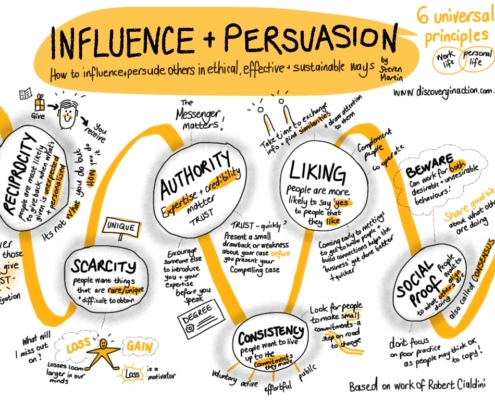
LA Social Science 2021 Summer Course Previews: Communication Courses with Professor Suman
As summer 2021 approaches, LA Social Science will be highlighting…
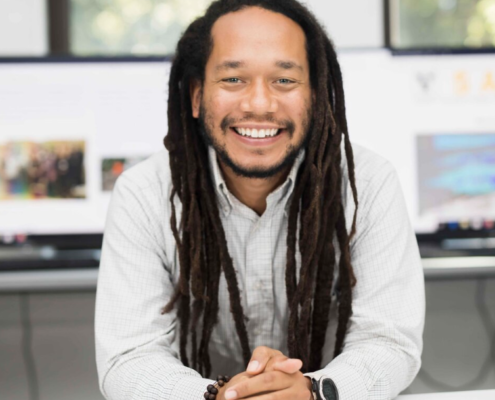
Incoming UCLA Professor Dunnavant’s Work With the Smithsonian in Africatown Featured in the News
Dr. Justin Dunnavant, an incoming professor in the UCLA Department…
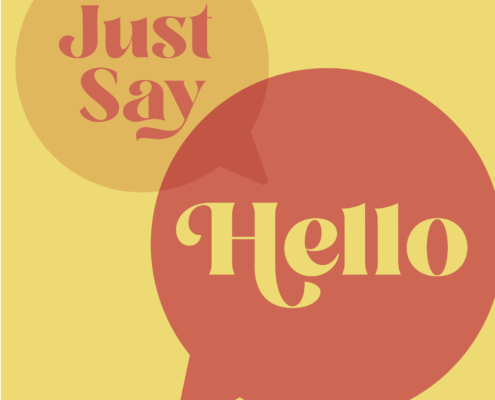
UCLA Bedari Kindness Institute Supports the #JustSayHello Campaign and Challenge
The UCLA Bedari Kindness Institute (BKI) is supporting the…
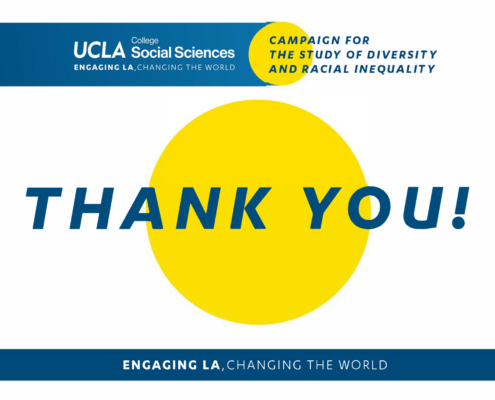
UCLA Division of Social Sciences Exceeds Campaign Goal for Dean’s Fund for the Study of Diversity and Racial Inequality
In light of the reawakened reckoning on racial justice issues…
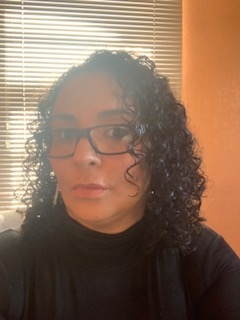
UCLA Professor Featured in KCET Special, “187: The Rise of the Latino Vote”
Dr. Celia Lacayo, Associate Director of Community Engagement…

UCLA Professor Urges Americans to Act for Children, Our Global Future
As a guest author for Scatterplot, Dr. Aliza Luft, UCLA assistant…

UCLA Social Sciences Dean’s Salon: Protecting the Right to Vote in the 2020 Presidential Election
Darnell Hunt, Ph.D., Dean of UCLA's Division of Social Sciences,…

RSVP for an October 6 Webinar w/ UCLA Prof. Lynn Vavreck & CBS’s John Dickerson Discussing the 2020 Campaign
U Heard It Here
“The 2020 Campaign for the Hardest Job in…
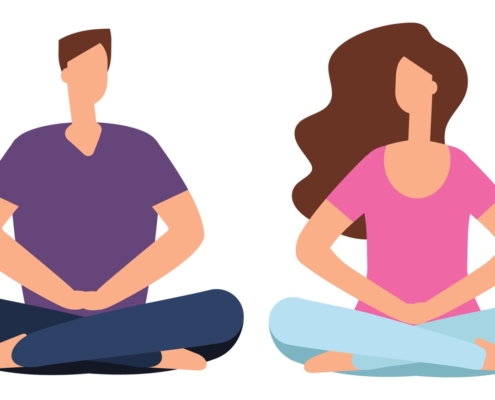 MicroOne/Adobe Stock
MicroOne/Adobe StockMindfulness Meditation Activates Altruism
UCLA Professors Akihiro Nishi and Michael Irwin and colleagues…
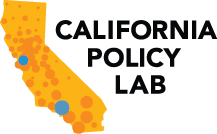
UCLA California Policy Lab’s Latest Policy Brief Highlights the Difficulties CA. Workers Continue to Experience as the Economy Re-Opens
The UCLA California Policy Lab has released their fourth policy…

